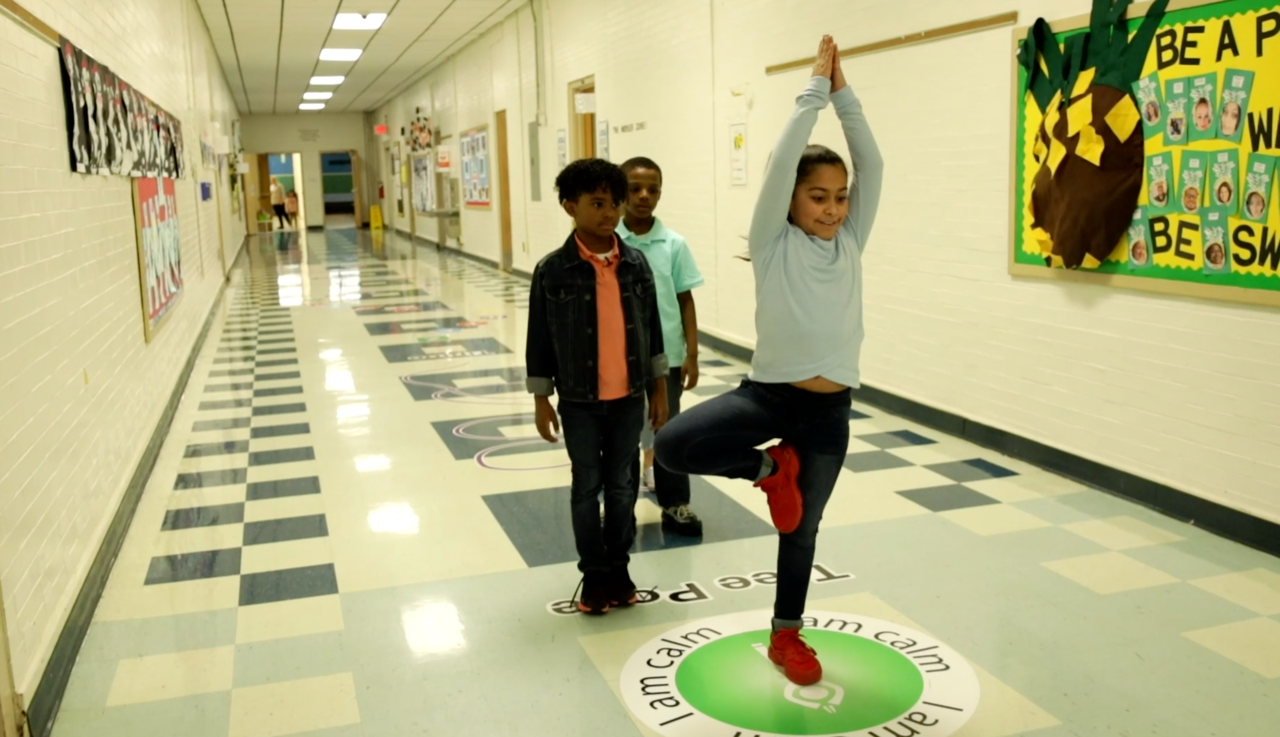Cognitive development in children is a complex and crucial process that lays the foundation for lifelong learning. While traditional educational methods focus on academics, there’s a growing recognition of the role sensory experiences play in improving cognitive functioning. Sensory products, designed to stimulate and engage the senses, have gained prominence for their ability to enhance cognitive skills in children.
Let us explore how Fit and Fun Playscapes contributes to improving cognitive functioning in young minds.
Sensory Stimulation
Sensory products provide a multisensory experience that engages various senses, including sight, touch, hearing, and sometimes even taste and smell. These rich sensory experiences stimulate the brain, encouraging the development of neural pathways and enhancing cognitive function.
Enhanced Problem-Solving Skills
Sensory play encourages children to explore and experiment, promoting problem-solving skills. Children learn to analyze situations, make decisions, and find creative solutions.
Language Development
Many sensory products involve communication and verbalization. Whether children are discussing their sensory experiences, following instructions for sensory games, or describing what they see, hear, or touch, these interactions support language development and vocabulary expansion.
Fine and Gross Motor Skills
Sensory activities often involve manipulating objects and materials. This fine motor engagement, such as using small tools, pouring, or shaping, helps refine fine motor skills. Activities like climbing, jumping, and running in sensory-rich environments enhance gross motor skills, contributing to overall physical and cognitive development.
Increased Attention Span
Sensory play encourages children to focus on specific tasks or experiences. As they immerse themselves in sensory activities, their attention spans naturally lengthen, which is a critical aspect of cognitive development. Improved attention supports learning and problem-solving in academic settings.
Emotional Regulation
Sensory experiences can help children regulate their emotions. Activities like squeezing stress balls or engaging with calming sensory products by Fit and Fun Playscapes can have a soothing effect, reducing stress and anxiety. Emotionally regulated children are better equipped to concentrate and process information effectively.
Creativity and Imagination
Sensory products encourage imaginative play and creativity. When children are free to explore and experiment with sensory materials, they develop the ability to think outside the box, which is essential for problem-solving and innovation.
Spatial Awareness and Math Skills
Sensory play often involves exploring space, size, and quantity. Children learn concepts such as spatial relationships, volume, and measurement through sensory experiences. These early math skills provide a strong foundation for later mathematical concepts.
Social Interaction
Many sensory activities are social in nature. Group sensory play promotes social interaction, cooperation, and teamwork, fostering essential social and emotional skills that are intertwined with cognitive development.
To conclude
Sensory products have a remarkable impact on cognitive functioning in children by providing rich sensory experiences that stimulate the brain and foster critical skills. Whether through sensory play, exploration, or engagement with sensory toys, children develop problem-solving abilities, language skills, fine and gross motor skills, attention span, emotional regulation, spatial awareness, math skills, creativity, and social interaction.
By integrating sensory products into educational and play environments, caregivers and educators can support holistic cognitive development in young minds, preparing them for a lifetime of learning and success.

